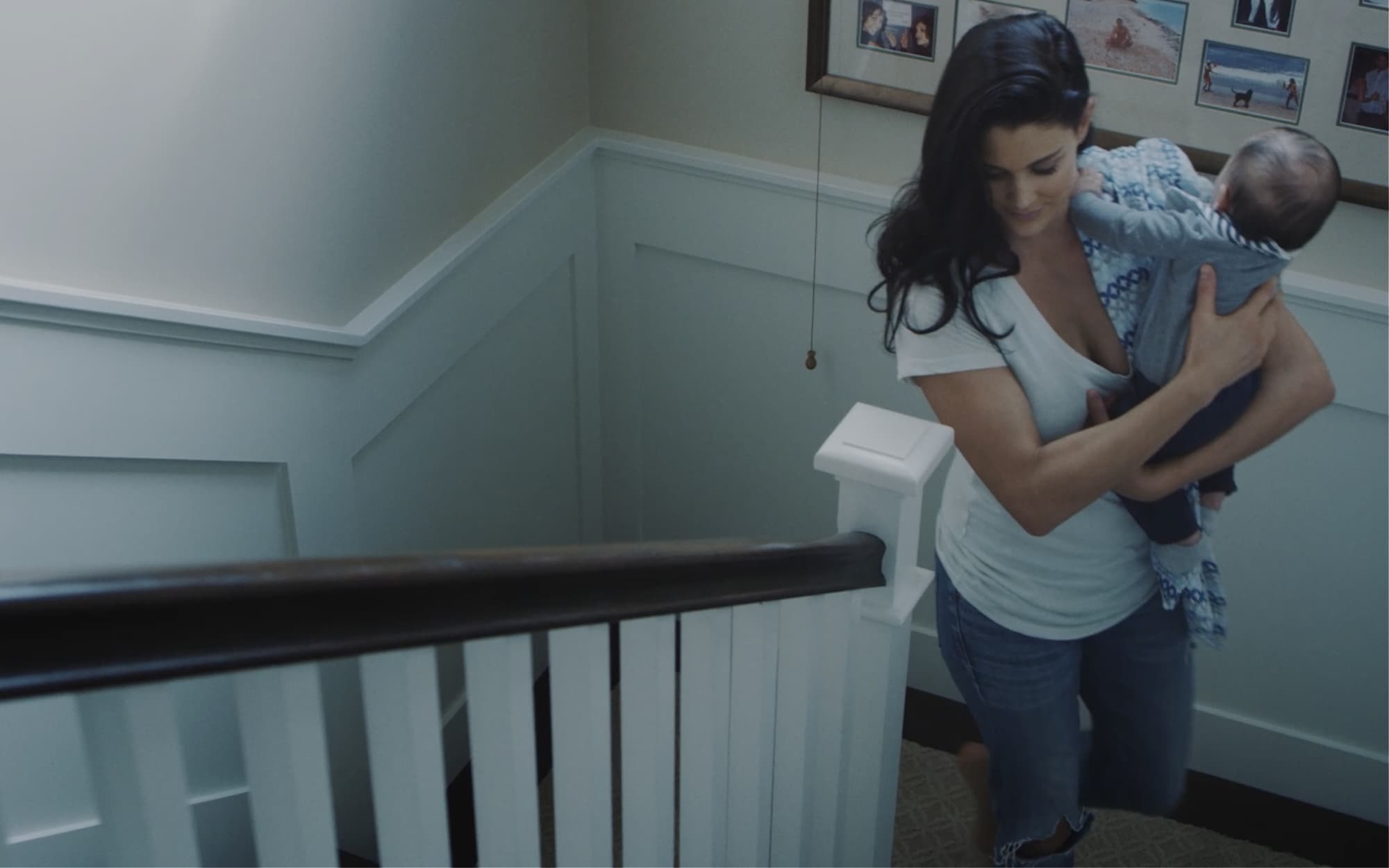Histoires vraies de patients famille de lentilles EVO Visian ICL

Histoires vraies de patients famille de lentilles EVO Visian ICL
Je crois que pour vivre en santé, il faut utiliser ce qu’on possède déjà, dans son propre corps. J’ai choisi ICL, parce que cela m’a permis de garder mes yeux intacts. Mes yeux sont toujours mes yeux.
Eve Torres Gracie
Professeure de jiu-jitsu, ancienne diva de la WWE, mère

Phil Torres
Entomologiste, Animateur télé

Ce que j’aime à propos d’Visian ICL c’est qu’on implante une lentille qui peut être retirée.
Jennifer Puno
Designer Web
Lire L’Intégralité de L’Histoire
Andrew Oxenham
Photographe
EVO ICL me permet d’expérimenter la vie comme il se doit; il n’existe plus d’obstacles entre moi et le monde.
Gayane Khechoomian
Avocat
Je ne dis pas ça souvent, mais cela a vraiment changé ma vie. La vision est importante pour moi… et je ne suis pas une personne qui aime s’encombrer de choses futiles.
Jennifer Van Dijk
Pilote
Pratiquer une activité sportive est plus difficile avec des lunettes. Les lentilles conviennent mieux, mais je m’inquiète toujours de les perdre au pire moment. Depuis que je porte les lentilles EVO ICL, je ne pense même plus à ces choses.
James Robinson
Programmateur informatique
Avant, je prenais des décisions qui étaient moins coûteuses et qui réglaient le problème qu’à court terme. Cette solution (EVO ICL) a résolu mon problème à long terme.
Ashley Acda
Enseignante
Informations importantes sur la sécurité
The EVO/EVO+ ICLs are indicated for patients who are 21 to 60 years of age and are available in spherical powers ranging from -3.0 D to -18.0 D for the correction/reduction of myopia with or without a cylinder power range from 1.0 D to 6.0 D. The hyperopic ICLs are indicated for patients who are 21 to 45 years of age and are available in powers ranging from +3.0 D to +10.0 D for the correction/reduction of hyperopia. In order to be sure that your surgeon will use an ICL with the most adequate power for your eye, your nearsightedness, farsightedness and astigmatism should be stable for at least a year before undergoing eye surgery. ICL surgery may improve your vision without eyeglasses or contact lenses. ICL surgery does not eliminate the need for reading glasses, even if you have never worn them before. ICL represents an alternative to other refractive surgeries including, laser assisted in situ keratomileusis (LASIK), photorefractive keratectomy (PRK), incisional surgeries, or other means to correct your vision such as contact lenses and eye glasses. Implantation of an ICL is a surgical procedure, and as such, carries potentially serious risks. The following represent potential complications/ adverse reactions reported in conjunction with refractive surgery in general: additional surgeries, cataract formation, loss of best corrected vision, raised pressure inside the eye, loss of cells on the innermost surface of the cornea, conjunctiva I irritation, acute corneal swelling, persistent corneal swelling, endophthalmitis (total eye infection), significant glare and/or halos around lights, hyphaema (blood in the eye), hypopyon (pus in the eye), eye infection, ICL dislocation, macular oedema, non-reactive pupil, pupillary block glaucoma, severe inflammation of the eye, iritis, uveitis, vitreous loss and corneal transplant. Before considering ICL surgery you should have a complete eye examination and talk with your eye care professional about ICL surgery, especially the potential benefits, risks, and complications. You should discuss the time needed for healing after surgery.
Choisissez votre région
Latin America
Références
1. Patient Survey, STAAR Surgical ICL Data Registry, 2018
2. Sanders D. Vukich JA. Comparison of implantable collamer lens (ICL) and laser-assisted in situ keratomileusis (LASIK) for Low Myopia. Cornea. 2006 Dec; 25(10):1139-46. Patient Survey, STAAR Surgical ICL Data Registry, 2018
3. Naves, J.S. Carracedo, G. Cacho-Babillo, I. Diadenosine Nucleotid Measurements as Dry-Eye Score in Patients After LASIK and ICL Surgery. Presented at American Society of Cataract and Refractive Surgery (ASCRS) 2012.
4. Shoja, MR. Besharati, MR. Dry eye after LASIK for myopia: Incidence and risk factors. European Journal of Ophthalmology. 2007; 17(1): pp. 1-6.
5a. Lee, Jae Bum et al. Comparison of tear secretion and tear film instability after photorefractive keratectomy and laser in situ keratomileusis. Journal of Cataract & Refractive Surgery , Volume 26 , Issue 9 , 1326 - 1331.
5b. Parkhurst, G. Psolka, M. Kezirian, G. Phakic intraocular lens implantantion in United States military warfighters: A retrospective analysis of early clinical outcomes of the Visian ICL. J Refract Surg. 2011;27(7):473-481.
